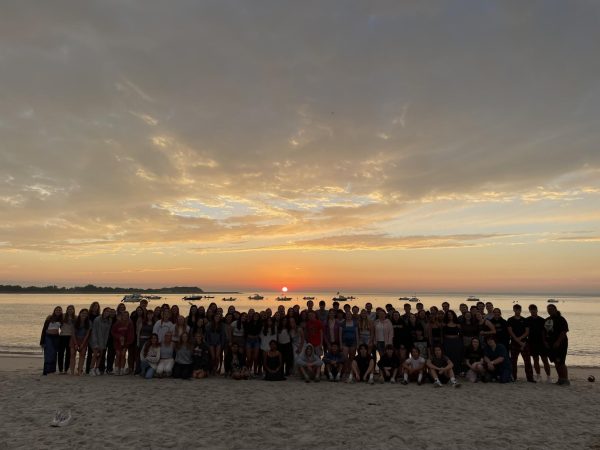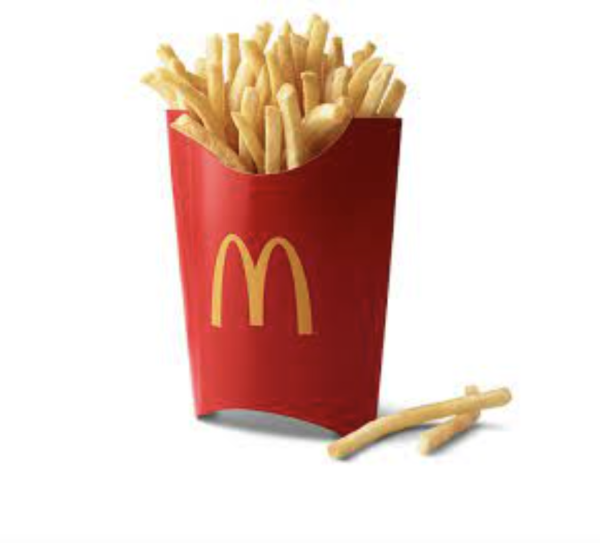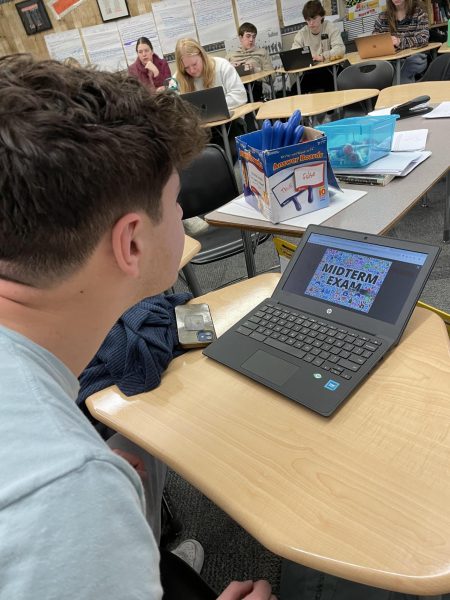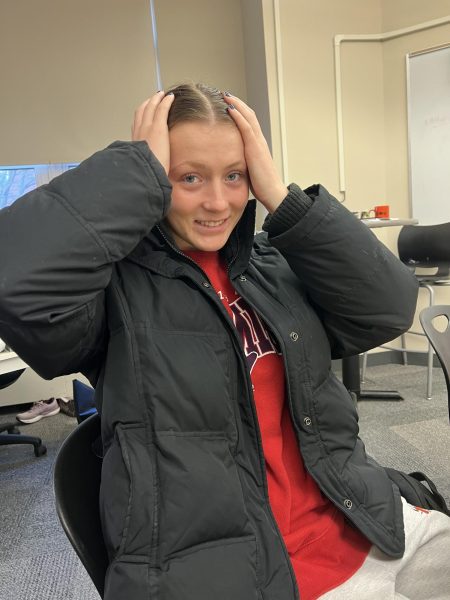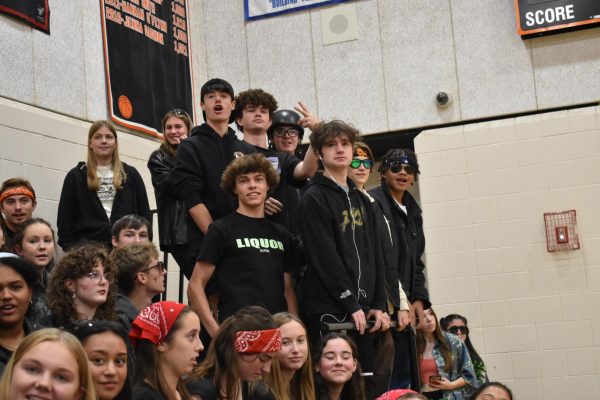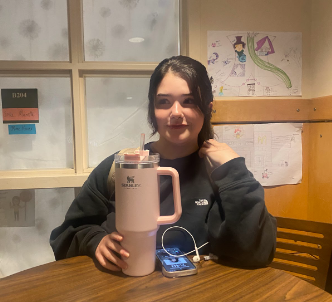The Ethicality of Banning Books
March 10, 2020
There are decisions parents must make in order to protect their child, whether that be through not watching the news when their young child is in the room, or, in the case of this article, banning their children from reading certain books for various reasons. Throughout the years books have come under tight scrutiny from some parents due to their contents. The contents ranging from too violent for their children to outright heresy. According to the website for Butler University the other reasons books have been banned are: racism and encouraging damaging lifestyles to young readers. Books can also be banned for heretical dialogue (if a character uses “Jesus” or “God” as an expletive), sexual situations or content, use of magic or demonic witchcraft (for example the Harry Potter series by J.K. Rowling), or religious affiliation (the His Dark Materials trilogy by Philip Pullman), political bias, and finally just not being age-appropriate for kids of a certain age to read.
The act of controlling what your child sees or reads actually dates back to the 19th century, when an annual event called “Banned Books Week” was created and has taken place since 1892, as researched in an article from The Atlantic by Paul Ringel. During the 1820s, when the children’s literature movement in America was in full swing, publishers of such books had a hard time identifying who their real target audience was — was it the parents who were buying the book, or the children who were reading the book? Should children be allowed to read books aimed at their level that deal with racism, poverty, and/or disability? Before the American Civil War it seemed that parents held most of the authority when it came to their child choosing a book, and publishers even then were very careful not to touch sensitive subjects such as slavery. In more recent years, a whopping 52% of all ‘banned’ or challenged books have dealt with the idea of diversity – a child’s sexuality, a mental illness, or religion among other aspects.
Now it comes to the rights and wrongs of outright banning books. There are both good consequences and bad consequences to doing so according to procon.org. The three pros are that parents do have a right to control what their child sees, and to that end, they have a right to make sure that their children do not read of characters who get put in vulgar situations such as sexual content or drug use. Also banning a child from reading a book does not stop another person from reading the book. However the cons are that banning a book from being read means that the person of interest will not get a good sense of the world and will not be able to develop proper empathy. Also, parents do not have the right to decide what other people should and shouldn’t read.
Heather Chang, the librarian at Ipswich High School, said that “banning books is censorship and is not ethical in a free society and is against the First Amendment of the constitution of the United States.” When asked if parents are correct in not allowing their children to see certain information, she stated “I do not consider parents blocking information they don’t want their kids to see as a bad thing. It’s just parenting.” She also said that “new ideas and new norms of society is reflected in literature. If people find information in a book to be controversial then I suggest they do not read that book but I do think it’s not okay for someone who’s not a parent of a child to decide what people can and cannot read.”
Grace Campanello and Kate Zelkowitz, two seniors at Ipswich High School, also had similar answers, with both of them agreeing that banning books goes against the Constitution, and Kate adds “People should have the freedom to access and choose for themselves what they want to read.” Kate also gave an interesting answer for whether parents should not allow their kids to read something, saying “I don’t think parents should block info from their children. If they disagree with something, they should discuss it with the child, explaining why they disagree with it and give kids an understanding.”
Grace agreed with that sentiment, responding “It’s also unfair censorship because the child may grow up too sheltered and have trouble adapting to difficult situations or understanding complex issues.” She also says that “There are always going to be books that are seen as controversial… I guess it depends on what people are drawn too and what is happening in the world.”
Kate says that newer, more violent and vulgar books are “not necessarily a bad thing,” because they’re “inciting important conversations.”
Censorship, as defined by Google is “the suppression or prohibition of any parts of books, films, news, etc. that are considered obscene, politically unacceptable, or a threat to security.” When the Constitution was written, the Founding Fathers were sure to include that “Congress shall make no law respecting an establishment of religion, or prohibiting the free exercise thereof; or abridging the freedom of speech, or of the press.” That means that no one has the authority to prohibit someone’s freedom of speech because they disagree with it. However there are some forms of speech that the government finds harmful such as child pornography.
According to the Butler University website, in the early 2000s most books (over 2700 books) were banned because of the sexual content and offensive language that they contained. In the 1990s these statistics were the same with an added reason of not being age-appropriate. In both instances parents seem to be the instigator, and they mostly happened at the school or public library.
Whether or not this trend of censorship continues remains to be seen.

